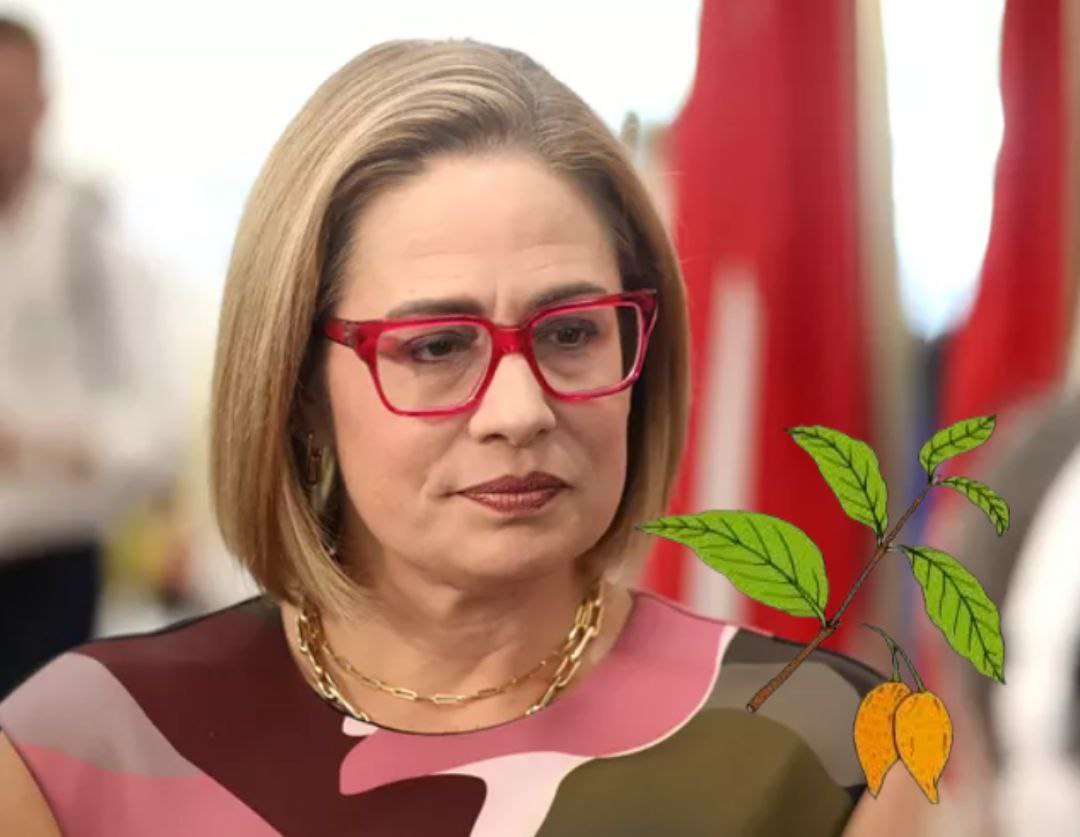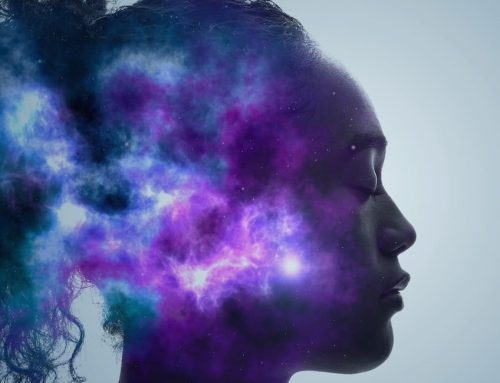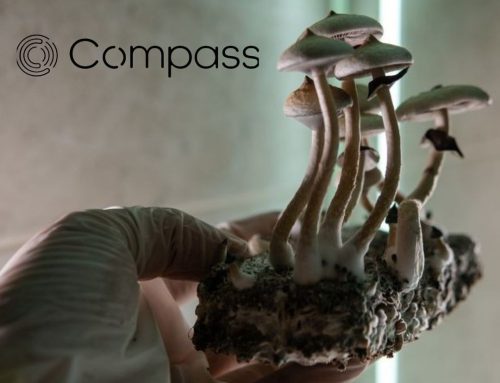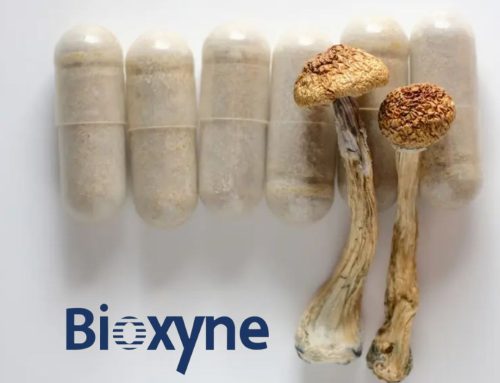Former Arizona Senator Sinema Advocates Ibogaine Research Post-Treatment
LOS ANGELES – Former U.S. Senator Kyrsten Sinema of Arizona shared details of her personal encounter with ibogaine during a recent appearance on CNN. Speaking with Jake Tapper, Sinema highlighted her push for expanded research into the drug’s potential to address traumatic brain injuries (TBIs) and neurodegenerative conditions.
She credited a former staffer’s positive outcome with the substance for prompting her own decision. “I had a colleague who had experienced traumatic brain injury, and they tried ibogaine and had remarkable results,” Sinema told Tapper. Her motivation stemmed from family history: her grandmother’s death from dementia a few years prior.
Sinema, who left the Senate in January 2025 after switching her affiliation to independent, recounted traveling to Mexico for the treatment last May. The session proved challenging for her. “It was the opposite of a pleasant experience,” she said, describing a grueling introspective process that lasted hours. Yet she reported sustained benefits, including improved mental clarity and no reliance on prescription medications for over a year since. Sinema emphasized that her advocacy focuses on rigorous scientific validation, not personal endorsement. “We need FDA clinical trials in the United States so this medicine can be safe and accessible,” she added.
This marks a continuation of Sinema’s post-Senate efforts to advance ibogaine studies. In February 2025, she testified before the Arizona Legislature in support of House Bill 2871, which allocated $5 million in state funds for Phase 1 trials targeting neurological disorders like Parkinson’s and post-traumatic stress disorder among veterans. The measure, signed into law by Gov. Katie Hobbs in June, requires matching private donations, a commitment Sinema pledged to fulfill personally. She has since joined the Washington, D.C. law firm, which previously represented a biotech company exploring ibogaine for opioid addiction, though she insists her work remains non-lobbying.
Ibogaine, remaining a Schedule I controlled substance in the United States, has risen alongside broader interest in psychedelics for mental health. Small-scale studies suggest it may interrupt addiction cycles and promote neural rewiring, with success rates of one-third to two-thirds in achieving sobriety after a single dose. Proponents, including Newt Gingrich, a Former House Speaker, and veterans’ groups, point to its promise for conditions resistant to conventional therapies. The FDA halted federal research in the late 1990s over safety concerns, underscoring the urgency of controlled trials.
Sinema’s story aligns with a growing bipartisan momentum. Former Texas Gov. Rick Perry, a Republican, underwent ibogaine therapy in 2024 for similar reasons and now champions state-level initiatives. Texas approved $50 million for ibogaine research in June 2025, the largest such commitment to date. These developments signal a policy shift, as states fill gaps left by federal restrictions.
For the psychedelics sector, Sinema’s disclosure adds a high-profile voice to calls for evidence-based integration. The trajectory here points to measured progress: clinical data will determine if ibogaine joins approved treatments like esketamine for depression, or if safety hurdles prove insurmountable. Arizona’s pilot could yield early insights, potentially influencing national debates on veteran care and drug scheduling.




































